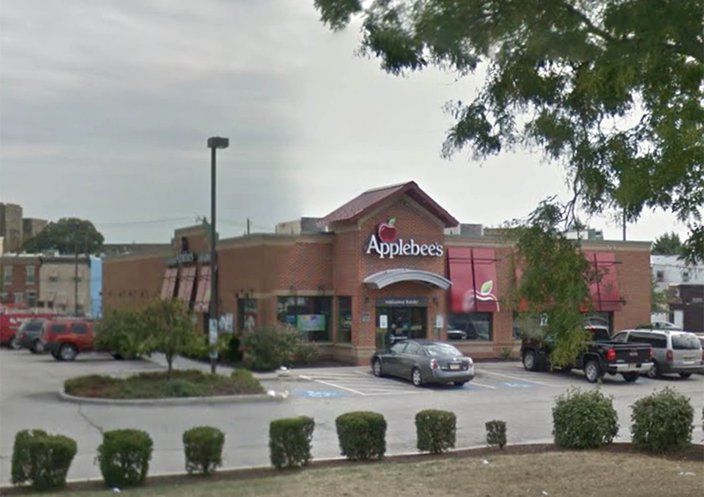
October 12, 2015
A new study from the Centers for Disease Control shows that children living near the site of an old factory in Kensington are more likely to have higher levels of toxic lead in their system, according to USA Today.
The study was prompted by a series published by the newspaper three years ago that investigated contaminated soil near the sites of shuttered factories in the United States.
In the series, entitled "Ghost Factories," USA Today found several cases of high levels of lead in soil near the sites of factories across the country, including the former John T. Lewis/National Lead/Anzon facility, which used to stand at the corner of Almond and East Cumberland streets. The site has been capped with concrete and is now populated by retail businesses, including a Wawa store, and an Applebee's restaurant.
Following the series, several federal studies were conducted, including one released at a neighborhood meeting in September this year.
In that study, the Centers for Disease Control revealed that of 126 children sampled, between 11-13 percent had elevated levels of lead in their blood. That makes the children six times more likely to have elevated lead levels, with the national average being 2.5 percent.

Lead poisoning, especially in children, can lead to serious developmental and brain issues, according to the CDC.
In addition, 71 percent of samples of soil taken at children's play areas were contaminated with amounts of lead that exceed the Environmental Protection Agency's Hazard Level.
Despite the number of children with elevated levels exceeding the national average, the CDC stated in their findings that children in northeastern U.S. cities tend to have higher levels than the national average.
USA Today reported that Philadelphia health officials originally said the average number of city children with elevated blood lead levels was somewhere above 5 percent, but the agency changed its answer to around 10 percent when pressed by USA Today.
City health department spokesman Jeff Moran told the newspaper they were concerned that soil contamination may contribute to the high levels.
Moran and Mark McDonald, press secretary for Mayor Michael Nutter, did not immediately respond to PhillyVoice requests for comment on the story.
While the EPA has the authority to remove lead contamination from soil, they have not done so at the Philadelphia location because it claims it can't confirm the source of the contaminated soil is the old factory, even though it does not need to make such a determination in order to initiate a cleanup. The agency declined to comment to USA Today on its latest story.
The process is expensive but has been done at similar sites in other U.S cities, including Cleveland.
Read more on USA Today's investigation here, and check out their interactive website providing background information on the John T. Lewis location here.